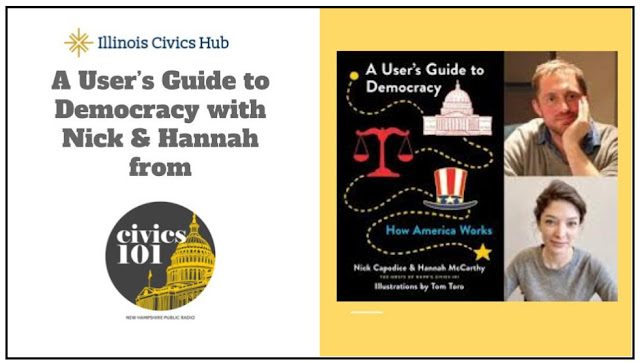What Role do I Play in Making “a More Perfect Union”?

by Mary Ellen Daneels, Civics Instructional Specialist The mission statement of our constitutional republic can be found in the 52 words that comprise the Preamble to the U.S. Constitution . This ambitious opening statement by the framers challenges all of us to see ourselves as part of “we the people” and that we have a role to create that “more perfect union” in our communities. As Erwin Chemerinsky, Dean of Berkeley Law School; Jesse H. Choper Distinguished Professor of Law at the University of California - Berkley Law School and Michael Stokes Paulsen, Distinguished University Chair and Professor at University of St. Thomas School of Law, explain in the National Constitution Center’s Interactive Constitution : Importantly, the Preamble declares who is enacting this Constitution—the people of “the United States.” The document is the collective enactment of all U.S. citizens. The Constitution is “owned” (so to speak) by the people, not by the government or any branch thereof. We ...






